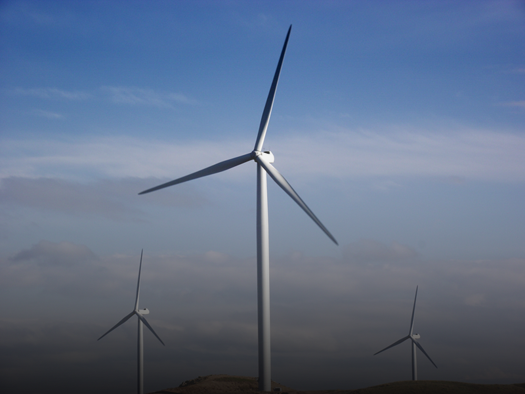Developing story
One of the worst kept secrets in Colorado energy policy circles finally is public thanks to PoliticoPro. Governor John Hickenlooper has floated a draft executive order to slash carbon emissions from the power generating sector by 35 percent by 2030, as compared to 2012 levels.
Doing his best President Obama impersonation, the Governor may issue an executive order to enforce the unpopular, controversial, legally questionable Clean Power Plan.
Andrew Restuccia of PoliticoPro reports:
The draft executive order directs Colorado’s state agencies to implement policies to achieve a minimum 25 percent reduction in carbon dioxide emissions from 2012 levels in 2025, and a 35 percent reduction in carbon dioxide emissions from 2012 levels in 2030.
Does the Governor have the authority to do this?
Well, notice in the draft under Roman Numeral II Declarations and Directives, section A, that he doesn’t cite any state statute. He can direct state agencies to work with utilities, but he’ll probably need the state legislature if he wants this to have any teeth.
Who benefits?
Xcel Energy, Colorado’s largest investor owned utility, which stands to make a bundle from more expensive electricity courtesy of its status as a state-sanctioned monopoly. Big Wind, which will continue it’s heavy handed lobbying for more corporate welfare courtesy of taxpayers.
The Governor, who is probably eyeing a cabinet position and must pander to the eco-left.
Hickenlooper has been floated as a possible contender for Interior secretary if Hillary Clinton wins the presidency, and he has been mentioned for other high-level roles in a Clinton administration. But Hickenlooper dismissed that speculation during a July POLITICO event, saying, “it’s pretty unlikely that I would take a cabinet position, to be pretty blunt.”
Who gets hurt?
Ratepayers, taxpayers, low income, fixed income, small business, basically anyone who cares about affordable, reliable electricity and has already been hurt by Colorado’s skyrocketing electricity costs.








